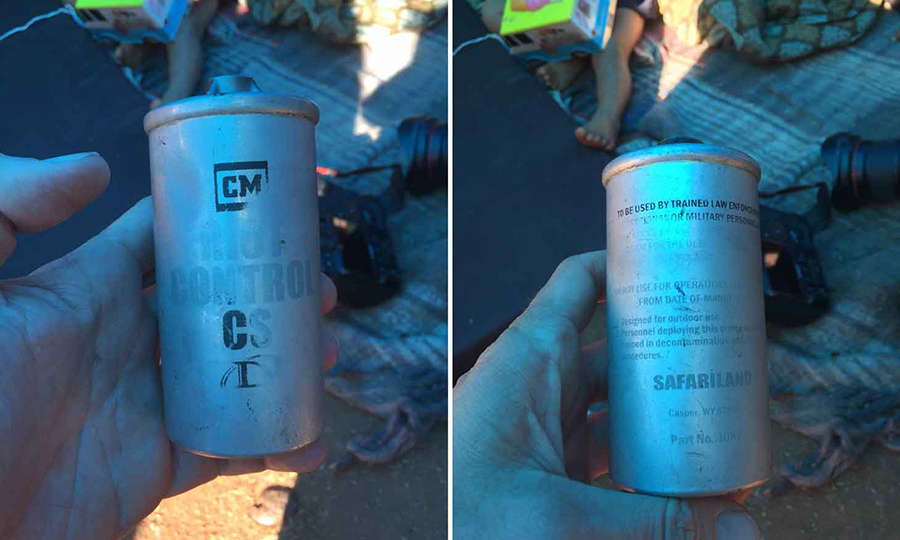Whitney Museum Vice Chairman Warren Kanders Resigns Over Tear Gas Links
Kanders’s decision to step down follows months of protests over his ownership of weapons manufacturer Safariland
Kanders’s decision to step down follows months of protests over his ownership of weapons manufacturer Safariland

Warren B. Kanders, vice chairman of New York’s Whitney Museum of American Art, has resigned today 25 July, following protests over his connections to the production of tear gas. Eight artists have withdrawn their work from the Whitney Biennial over the last week, calling for him to step down.
Kanders’s resignation letter claims that he has been the subject of a ‘targeted campaign of attacks’ which ‘has threatened to undermine the important work of the Whitney,’ according to The New York Times. ‘I joined this board to help the museum prosper. I do not wish to play a role, however inadvertent, in its demise.’
Kanders is the owner of weapons manufacturer Safariland, which among other law-enforcement supplies, produces tear gas. Since allegations emerged last year that tear-gas grenades produced by Safariland had been used against migrants on the US-Mexico border, pressure has been building on the museum to remove Kanders.
In December 2018, more than 100 Whitney staffers demanded that Kanders resign. In their open letter, staff members said that they ‘felt sick to our stomachs, we shed tears, we felt unsafe’ on learning of their vice chair’s connections to the production of the chemical weapon, and its deployment on people attempting to cross the border between Tijuana and San Diego. In a letter to the Whitney community, Kanders responded: ‘I think it is clear that I am not the problem the authors of the letter seek to solve.’
Over the last week, eight artists have withdrawn from the Whitney Biennial. Artists Eddie Arroyo, Agustina Woodgate, Christine Sun Kim, collective Forensic Architecture, Korakrit Arunanondchai, Meriem Bennani, Nicole Eisenman and Nicholas Galanin have all withdrawn their work on display, calling for Kanders to be removed. At the beginning of the year, Michael Rakowitz withdrew his name from the biennial’s original artist list, saying: ‘You wouldn’t compromise the integrity of a work on paper by showing it in unsafe conditions. You should not compromise the integrity of an artist and ask them to show with funding and permission from people that make conditions unsafe for others.’
Recent months have seen an increase in scrutiny over the ethics of arts institutions. On 19 March, the National Portrait Gallery in London became the first leading arts institution to reject a grant from the Sackler family, the multibillionaire philanthropists who are linked to the production of the highly addictive opioid Oxycontin. Read Cody Delistraty writing in frieze on the movement to remove Kanders from the Whitney, and what more museums can do to avoid appointing board members with unethical business ties: how can a museum for ‘progressive artists’ also have an arms-manufacturer chairman?





















